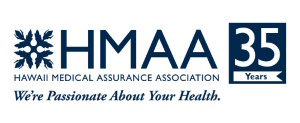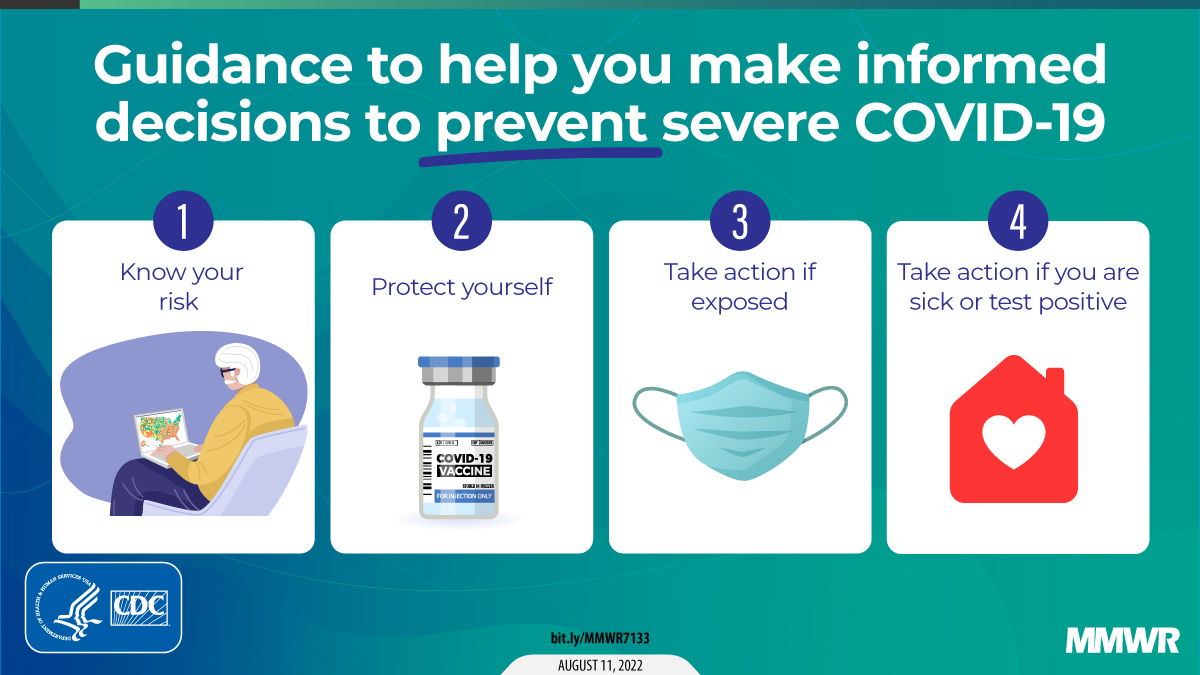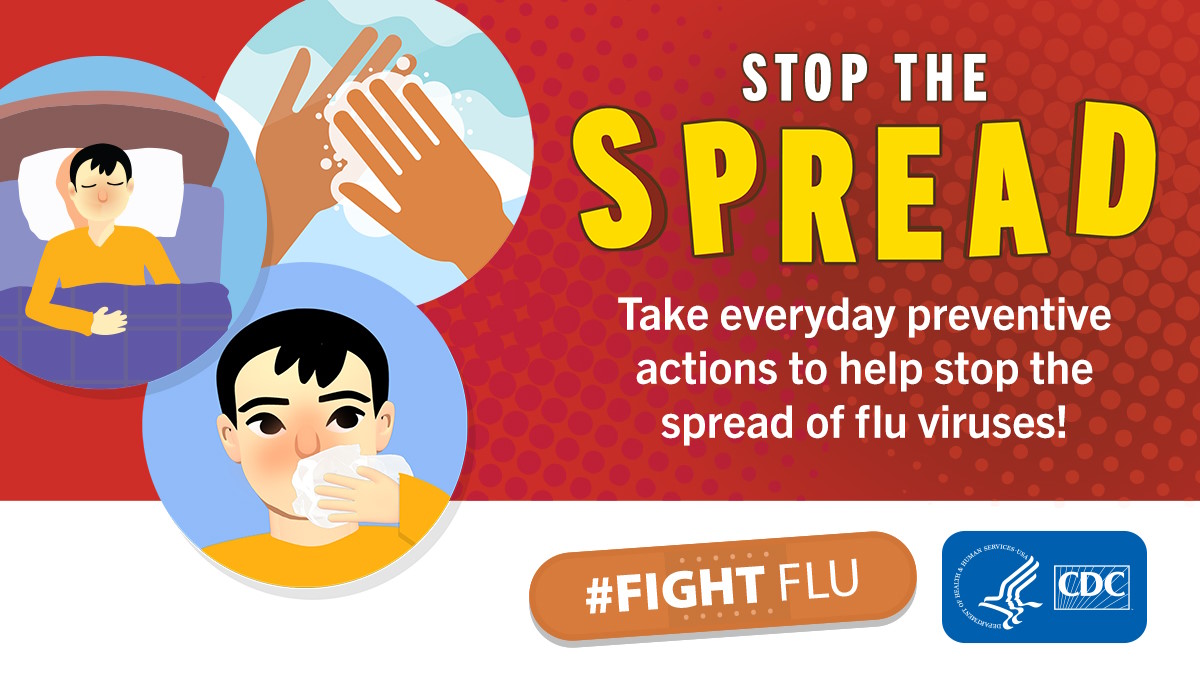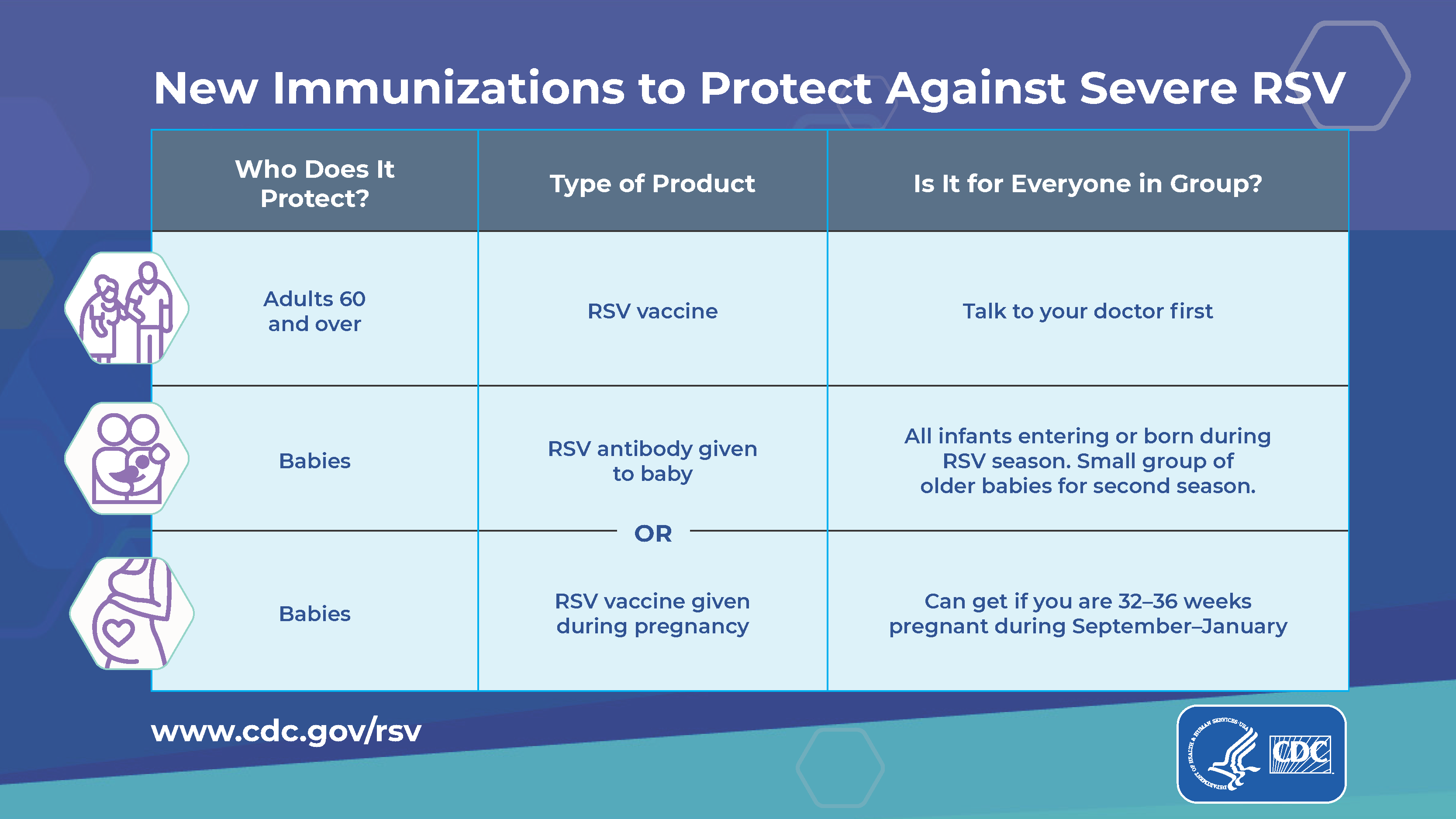Respiratory viruses commonly cause illness such as flu, COVID-19, and respiratory syncytial virus (RSV), especially in the fall and winter. There are actions you can take to protect yourself and others.
- Stay home when sick, except when seeking medical care.
- Cover your coughs and sneezes with a tissue.
- Wash your hands often with soap and water.
- Avoid touching your face with unwashed hands.
- Avoid close contact with others who are sick.
- Improve ventilation or spend time outdoors.
- Clean frequently touched surfaces.
- Stay up-to-date on recommended vaccines.
- Follow the CDC’s recommendations for prevention and treatment.
Influenza (Flu)
Flu can cause mild to severe illness. The CDC recommends that everyone 6 months and older receive a yearly flu vaccine.
Coronavirus (COVID-19)
COVID-19 symptoms, which may appear 2 to 14 days after exposure, include shortness of breath, fever or chills, and cough. Outcomes range from mild illness to death. Seek medical advice based on your situation, and get tested for COVID-19 if needed.
Learn more about HMAA’s coverage of COVID-19 testing and treatment.
Respiratory Syncytial Virus (RSV)
Respiratory syncytial virus (RSV) is a common respiratory virus that usually causes mild, cold-like symptoms. However, it can be dangerous for babies, toddlers, and older adults.
If you have any questions, please contact our Customer Service Center.
This notice was last updated on January 8, 2024.



